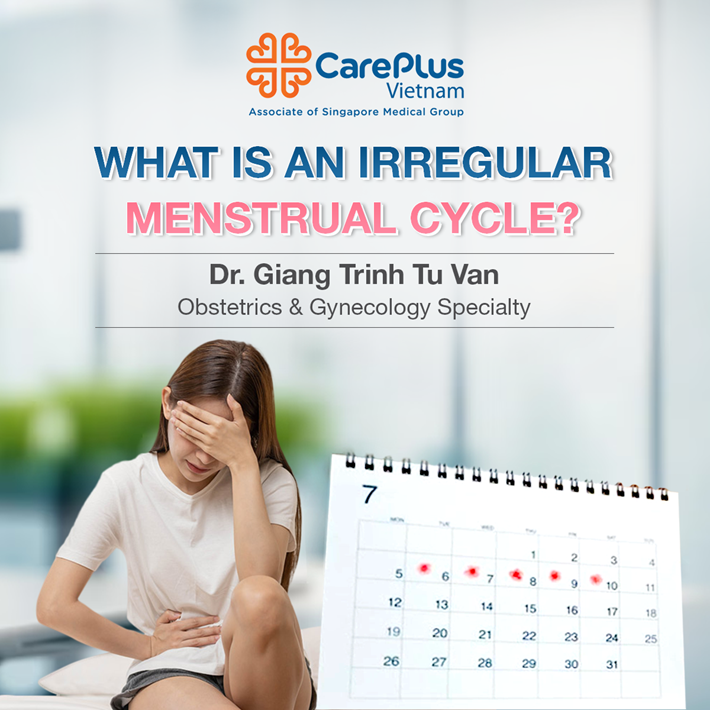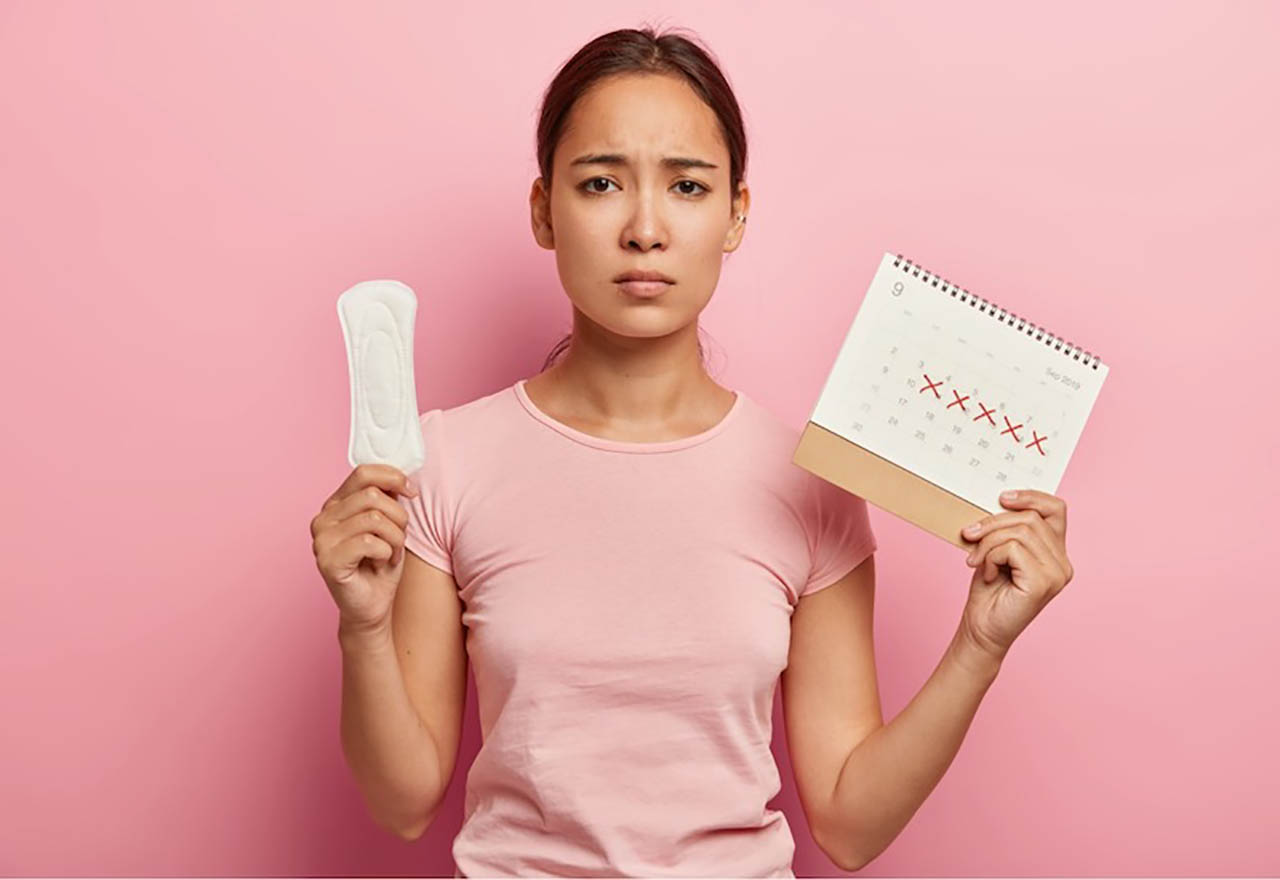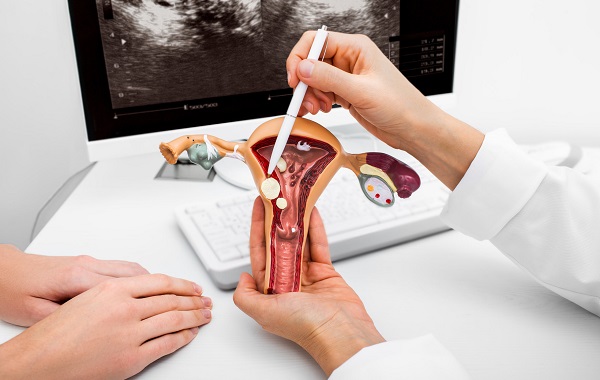WHAT ARE MENSTRUAL IRREGULARITIES?
For most women, a normal menstrual cycle ranges from 21 to 35 days. However, 14% to 25% of women have irregular menstrual cycles, meaning the cycles are shorter or longer than normal; are heavier or lighter than normal; or are experienced with other problems, like abdominal cramps. Irregular cycles can be ovulatory, meaning that ovulation occurs, or anovulatory, meaning ovulation does not occur.

1/15/2024 3:02:11 PM
What are menstrual irregularities?
A normal menstrual cycle will last about 28-30 days, and the duration of menstruation usually ranges from 3-5 days. The period can come earlier or later than 3-5 days and still be considered normal. But an irregular menstrual cycle will have the following typical signs:
-
Periods that occur fewer than 21 days or more than 35 days apart.
-
Missing three or more periods in a row.
-
Menstrual flow (bleeding) that’s much heavier or lighter than usual.
-
Periods that last longer than seven days.
-
Length of time between cycles varies by more than nine days. For example, one cycle is 28 days, the next is 37 days and the next is 29 days.
-
Periods that are accompanied by severe pain, cramping, nausea or vomiting.
-
Bleeding or spotting that happens between periods, after menopause or after sexual intercourse.
-
Soaking through one or more tampons or sanitary pads in an hour.
Your menstrual cycle may not always be predictable — and that may be OK. It’s normal to have slight variations in cycle length or have a menstrual period that seems slightly heavier or lighter in flow than your previous period. Menstrual irregularities are fairly common, and you don’t have to be able to predict your cycle to the exact day for it to be considered “normal.”

Conditions related to irregular menstruation
Your period is still considered “regular” even if it varies slightly from cycle to cycle. Examples of irregular menstruation include:
-
The period lasts longer than seven days.
-
The length of time between cycles changes more than nine days. For example: one cycle is 28 days, the next is 37 days and the next is 29 days.
-
Menstruation is accompanied by severe abdominal pain, cramps, nausea or vomiting.
-
Scanty periods: The cycle is longer than 35 days
-
Heavy periods: The cycle is shorter than 22 days
-
Amenorrhea: No period for more than 6 months
Irregular periods not only affect daily activities and mood, but also have an impact on women's reproductive health. Therefore, the treatment of irregular periods should be done as soon as possible.
What is the cause of my irregular periods?
There are many causes of irregular menstrual cycles, from stress to more serious underlying medical conditions. Most cases of irregular periods are common in girls at puberty due to hormonal imbalance or ovarian dysfunction. However, it only occurs for 2-3 years after the onset of menstruation.
For women of childbearing age, irregular periods lasting for many days can be a sign of gynecological diseases such as endometritis, cervicitis, ovarian cysts, uterine fibroids, etc. These diseases can affect the health and fertility of women.
When should you see a doctor for irregular periods?
Regular periods are an important factor for reproductive health and fertility. For this reason, you should see a doctor whenever you have any of the symptoms mentioned above, especially if you have any of the following symptoms:
-
High fever
-
Severe pelvic pain
-
Foul-smelling vaginal discharge
-
Abnormal heavy bleeding
-
Bleeding between periods
-
Duration longer than seven days

Contact your gynecologist if you’re concerned about your menstrual cycle or if you’re trying to get pregnant and have unpredictable periods (this can make getting pregnant difficult). They’ll be able to tell you what’s normal and if treatment is needed.